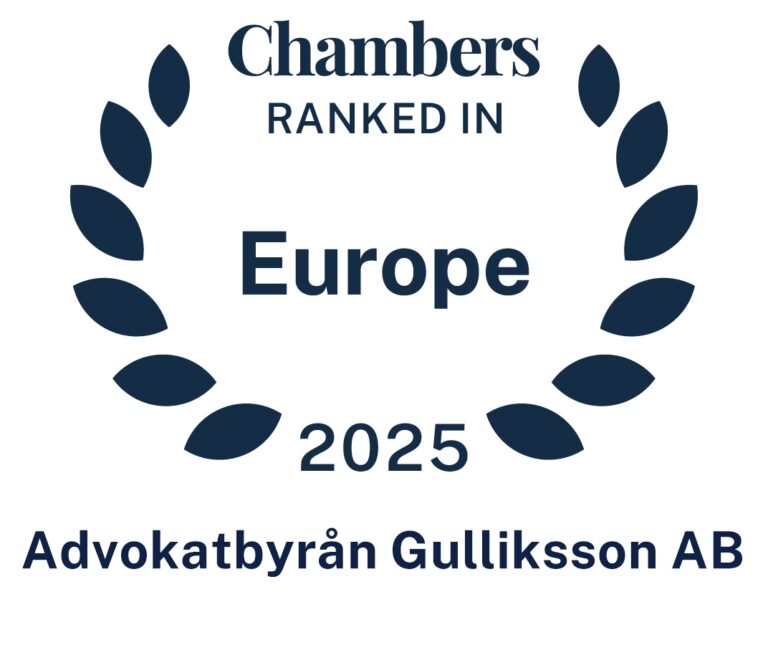Since 1 August 2022, the Act (2022:818) on public sector data availability (“Open Data Act”) has been in force, paving the way for increased use of public sector data for commercial purposes. This can present both opportunities and difficulties for companies that use public data in their business operations.
The Open Data Act implements the EU Directive 2019/1024 on open data and reuse of public sector information of 20 June 2019, also known as the “Open Data Directive”. The Open Data Directive obliges EU Member States to make certain public sector documents fully accessible to the public for reuse for both commercial and non-commercial purposes. Under the provisions of the Directive, public authorities in the EU must make documents and data available free of charge, at both national and Union level, with aggregated metadata. In addition, public bodies have to make dynamic data directly available through appropriate API interfaces. The provisions of the Directive aim to promote transparency and the use of public data for innovation and societal development.
In Sweden, citizens are granted the right to access public documents under the principle of public access, but intellectual property rights can limit the right to reuse or disseminate documents. The Swedish Agency for Digital Government (Digg), in collaboration with the Swedish Intellectual Property Office (SIPO), has therefore developed the recommendation to adopt the Creative Commons (CC) licensing tool. The CC licence, developed by a non-profit American organisation, promotes the ability of creators to share their works through a voluntary licensing process.
The CC licence is available in different versions with different degrees of user rights. The following licences give the right to copy, make available and adapt the content for both private and commercial purposes:
- CC0 (No Rights Reserved) – meaning that the authors waive all rights associated with the work.
- CC-BY-4.0 (Attribution 4.0 International) – meaning that users must give appropriate credit to the author when reusing.
- PDM (No Known Copyright) – meaning that the subject of the licence has no known author and is therefore free to use.
The idea is that Swedish authorities will be able to use the CC licence on the open data they must make available for reuse under the Open Data Act as a sign that the information is provided for free use.
The Open Data Act presents significant opportunities but also challenges for private companies. On the one hand, it promotes innovation and efficiency through access to free and easily accessible open data, which particularly benefits smaller companies with limited resources. Companies can optimise internal processes, make informed decisions and identify new business opportunities. On the other hand, the availability of data increases competition and makes previously exclusive information available, which may affect the competitiveness of some companies. Also, existing data protection legislation can hamper companies if privacy issues are not taken into account when companies capitalise on open data.
Contact us if you want to discuss the use of open data and related copyright and data protection aspects.







